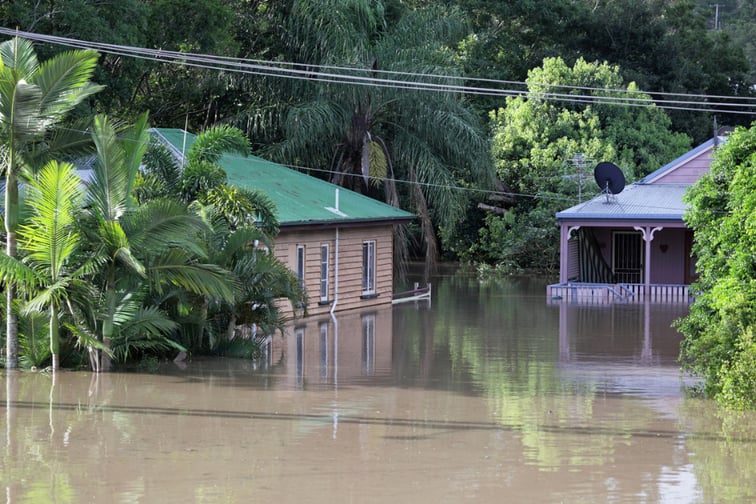

The latest update from the Insurance Council of Australia (ICA) shows that insurers have received more than 85,000 claims from the flood emergency in Queensland and New South Wales. The ICA said based on previous flood events the estimated current claims cost is $1.3 billion.
“As expected, claims continue to grow from this widespread event which is shaping up to be one of the most significant floods this country has experienced,” said the ICA’s CEO Andrew Hall.
Since Friday, the ICA said claims in NSW have risen by nearly 50% as policyholders return to their homes. More than 70% of claims are from Queensland.
“The ICA and insurers are now on the ground in a number of locations supporting communities in their recovery,” said Hall.
The ICA’s update said, together with insurers, it now has a presence “at a number of recovery centres”. However, said the ICA, because of the “very large number” of towns impacted across both states there may not be insurers present at all recovery centres at all times.
Across both states more than 80% of claims are for domestic property with the remainder motor vehicles.
“Insurers are encouraging customers to take photos and video and retain serial numbers and other identifying information if it is known, however they are not required to retain destroyed property, particularly if doing so would cause a health risk,” said Hall.
Lismore has experienced one of its worst floods on record with the town still under metres of water. The local Wilsons River peaked at more than fourteen metres. According to some residents, standard flood insurance policies are not covering flood damage because the floods exceeded levy walls.
In an earlier update, Hall said that following the 2011 Brisbane floods insurance policies now have standard flood definitions.
“If policyholders have selected that cover this will include water that is released from a dam,” he said.
More than a week ago, the ICA declared an Insurance Catastrophe for South-East Queensland and later extended the declaration to include areas of New South Wales impacted by the weather event.
“We will always have extreme weather in Australia, but if we want different outcomes the future Australian governments must increase investment in measures to retrofit homes and better protect communities,” said Hall.
Tens of thousands of residents across both states are under evacuation orders.
